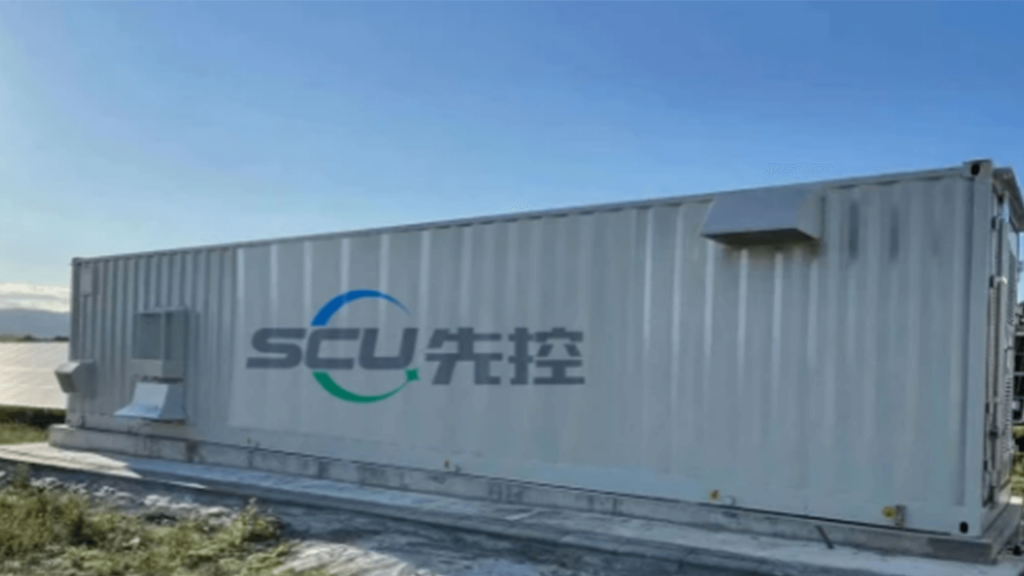As the national new energy and smart grids are becoming more and more valued, the battery energy storage system has broad application prospects in power electronic technology. The battery energy storage system has the ability to configure and adjust the frequency and adjust frequency and regulation, but its electrochemical characteristics restrict the development direction of easy maintenance and practicality at this stage and the battery in large and easy. Therefore, how to use the electrical electronic device as a bond to communicate with the two completely different architectures. On the one hand, the power grid provides functions such as new energy cooperation, peak-cutting valley, and no meritorious support. Ensuring the normal service life of the battery, different charging methods, and how to efficiently adapt to different battery types are technical issues worthy of our discussion.
1. Introduction to the battery energy storage system
The battery can be divided into lithium batteries, all -round liquid flow batteries and sodium sulfur batteries according to the principle of electrical chemical reactions. Among them, lithium batteries can be divided into: lithium manganate batteries, lithium cobaltate batteries, ternary material batteries and lithium iron phosphate batteries according to the angle of the positive electrode material. The cobalt in cobaltate batteries is a very precious resource, and the cost is also very high, and because there are very large safety hazards in the state of high temperature and charging, the lithium cobaltate battery is not suitable for large-capacity battery energy storage systems. application. The price is cheap without environmental pollution, and the lithium manganate battery with good safety in terms of safety has rich positive material resources. The low cost and relatively safe ternary material lithium battery is actually a substitute for lithium cobaltate batteries. There are lithium iron phosphate batteries with obvious advantages in cycle life, manufacturing costs, and safety. Its energy density is only three-quarters of lithium cobaltate batteries.

The battery is the mutual conversion between electrical and chemical energy through the chemical reactions between the electrode and the electrolyte, and the connection between the external circuit, and use the electrochemical principle to convert the energy and store the device. The battery system has the characteristics of flexible allocation, unrestricted by resources, and geographical environment. It can be connected to the power grid system through the energy conversion device (PCS), which can quickly adjust the powerless and contributed output, more suitable for the development of new generations of electrical electronics in terms of new energy.
2. Battery energy storage system Energy conversion device (PCS) and power electronic technology
From the perspective of power system application, the battery is actually quite a DC voltage source. Thousands of battery packs are connected to a large-capacity battery stack, which will also form a DC voltage source with capacitance and internal insurance. The energy of the way cannot be used directly for the AC power grid, so the appropriate energy conversion device (PCS) is needed to transform the DC into AC, and this device generally needs to apply modern power electronic devices and technologies.
The electronic electronic technology was marked by the first crystal tube in 1957. Since then, the inner machine frequency conversion from household TV, washing machine, air conditioning to large factory ore, high-voltage DC, non -merit compensation for electric power systems, and other power systems, etc. It is because of the rapid development of semiconductor switching devices, which has promoted the application of electronic electronic devices in these industries, and all walks of life can see the figures of these electronic devices.
Because the large-capacity battery energy storage system does not apply for a long time in electrical electronic technology, and the key equipment does not have a very mature technical route and product in the market, it is necessary The experience of the device comprehensively considers the particularity of DC batteries and AC power grids, finds a balance point in all aspects of efficiency, cost, volume and reliability, and serves as a full preparation for future product development of energy storage.
